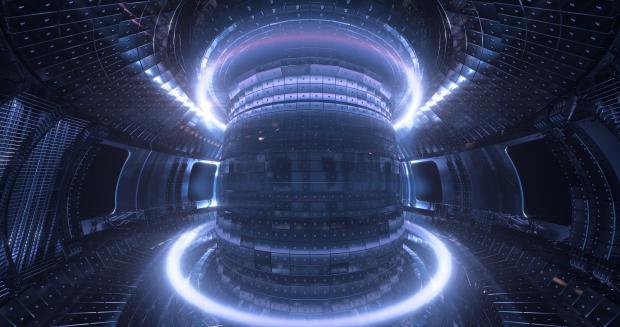
Breaking News
 Joe rogan reacts to the Godfather of Ai Geoffrey Hinton talk of his creation
Joe rogan reacts to the Godfather of Ai Geoffrey Hinton talk of his creation
 Shocking Scenes in Russia: Apartment Buildings Buried Under Massive Snowfall!
Shocking Scenes in Russia: Apartment Buildings Buried Under Massive Snowfall!
 Bill Hemmer: THIS is why Greenland matters
Bill Hemmer: THIS is why Greenland matters
 Trump Blasts Britain Over Deal To Return Diego Garcia
Trump Blasts Britain Over Deal To Return Diego Garcia
Top Tech News
 The day of the tactical laser weapon arrives
The day of the tactical laser weapon arrives
 'ELITE': The Palantir App ICE Uses to Find Neighborhoods to Raid
'ELITE': The Palantir App ICE Uses to Find Neighborhoods to Raid
 Solar Just Took a Huge Leap Forward!- CallSun 215 Anti Shade Panel
Solar Just Took a Huge Leap Forward!- CallSun 215 Anti Shade Panel
 XAI Grok 4.20 and OpenAI GPT 5.2 Are Solving Significant Previously Unsolved Math Proofs
XAI Grok 4.20 and OpenAI GPT 5.2 Are Solving Significant Previously Unsolved Math Proofs
 Watch: World's fastest drone hits 408 mph to reclaim speed record
Watch: World's fastest drone hits 408 mph to reclaim speed record
 Ukrainian robot soldier holds off Russian forces by itself in six-week battle
Ukrainian robot soldier holds off Russian forces by itself in six-week battle
 NASA announces strongest evidence yet for ancient life on Mars
NASA announces strongest evidence yet for ancient life on Mars
 Caltech has successfully demonstrated wireless energy transfer...
Caltech has successfully demonstrated wireless energy transfer...
 The TZLA Plasma Files: The Secret Health Sovereignty Tech That Uncle Trump And The CIA Tried To Bury
The TZLA Plasma Files: The Secret Health Sovereignty Tech That Uncle Trump And The CIA Tried To Bury
Amazing Tech Developed by Private Firms Are on the Verge of Creating Nuclear Fusion...

While industries are harnessing solar, hydro, and geothermal power to solve the world's energy problems, it's been thought by many for sometime that the eventual source of unlimited clean energy will be nuclear fusion.
Fusion reactors replicate the power and process of the sun down here on Earth by creating plasma, the fourth material state, inside a controlled device that harnesses the heat given off as energy to be turned into electricity.
Now a pair of private firms, one near MIT, and another in England, are developing something that could be described as a "portable" fusion reactor, by utilizing super rare minerals and some of the most powerful magnets ever made.
If only the firms can solve a laundry list of some of the most complex technological problems imaginable, coal and oil could stay in the ground, there'd be no need to risk another Fukushima, the enormous inefficiencies with renewable energies could all be forgotten, and all those engineers and technologists could lend their talents to other areas of the economy.
"It's every engineer's dream really, to have a project that's technically challenging, which requires you to develop new technology and solutions to hard problems, but that are also simultaneously important for the world to have," Dr. Greg Brittles at Tokamak Energy, the UK firm developing a new fusion reactor, told the BBC.

 Nano Nuclear Enters The Asian Market
Nano Nuclear Enters The Asian Market


